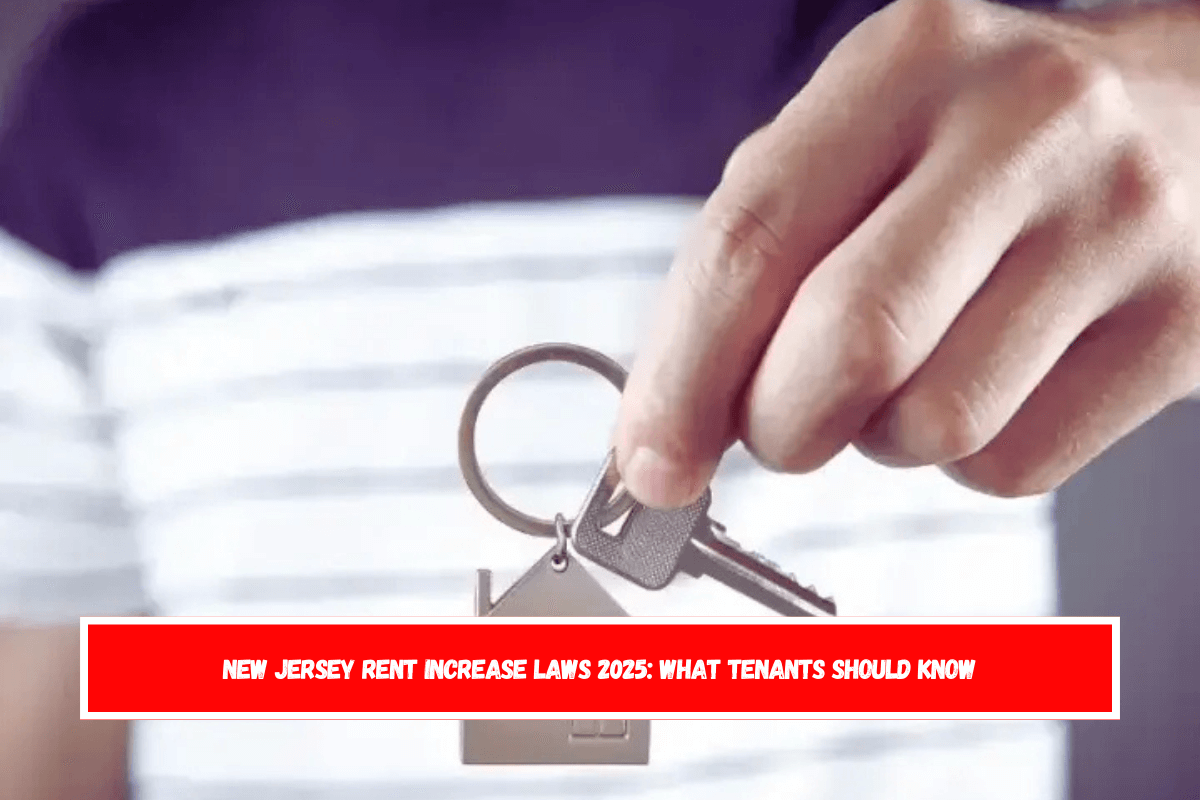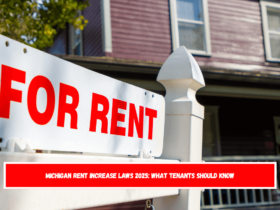New Jersey’s rent increase laws for 2025 are shaped by both statewide proposals and local regulations. Here’s what tenants should know:
Statewide Rent Increase Proposal
- Senate Bill 3658: Introduced on September 26, 2024, this bill aims to establish a statewide limitation on rent increases. It proposes that landlords can only increase rent by 5% plus the percentage change in the cost of living, or a maximum of 10%, whichever is lower, over a 12-month period. This legislation reflects concerns about housing affordability, as many renters spend a significant portion of their income on housing costs.
Local Rent Control Regulations
While there is no statewide rent control, many municipalities in New Jersey have implemented their own regulations:
- Variability by City: Rent increase limits vary significantly across different cities:
- Highland Park: Allows a maximum increase of 3.55% for 2025 based on local ordinances.
- Newark: Increases are linked to the Consumer Price Index (CPI) but capped at 4%.
- Edison: Limits increases to 5%.
- Other cities like Atlantic City and Jersey City also have specific caps based on CPI or fixed percentages.
Notice Requirements
- Landlords must provide written notice before increasing rent. The required notice period can vary:
- For year-long leases, landlords typically need to give 60-90 days’ notice.
- For month-to-month leases, at least 30 days’ notice is required.
- For week-to-week leases, a minimum of 7 days’ notice is necessary.
Key Points for Tenants
- Understanding Local Laws: Tenants should familiarize themselves with local rent control laws, as they can significantly impact how much rent can be increased.
- Negotiation and Communication: Tenants have the right to negotiate longer notice periods and should ensure that any agreements are documented in their lease.
- Awareness of Rights: It’s crucial for tenants to know that they cannot face retaliatory rent increases and that landlords must follow proper procedures when raising rents.
In summary, while New Jersey is moving towards establishing some form of statewide regulation through proposed legislation, local municipalities currently dictate the specifics of rent increases. Tenants should stay informed about both local regulations and any changes at the state level to effectively manage their housing costs.
Sources:
- https://www.doorloop.com/laws/new-jersey-rent-control-laws
- https://www.hpboro.com/residents/rent-control
- https://legiscan.com/NJ/text/S3658/id/3022703











Leave a Reply